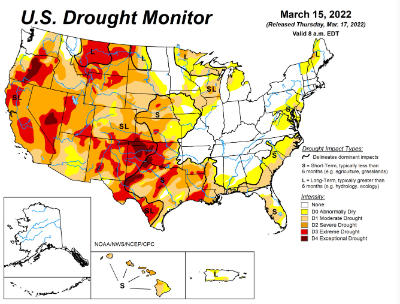The New Hampshire Primary Has Paved The Way For a Contest That Few Desire.
Joe Biden and Donald Trump emerged victorious in the New Hampshire primary, yet the results reveal underlying discontent within the electorate rather than a resounding show of strength for the two presumptive nominees. A comprehensive analysis, delving into election results and exit polls, exposes significant challenges for the four major candidates still vying for the presidency.
While Trump secured a win, it unveiled a persistent struggle to garner support from independent and moderate voters – demographics that played a pivotal role in thwarting his reelection bid four years ago. Nikki Haley, his primary contender, faced challenges in rallying enough conservative support for a breakthrough victory. The road ahead for her candidacy appears daunting, particularly considering the resemblance of future states to the parts of New Hampshire where she encountered the most difficulties.
On the Democratic front, the unsanctioned primary that did not allocate delegates unfolded in a distinct manner. Approximately one-third of voters refrained from participating in the write-in effort for Joe Biden, who intentionally omitted his name from the ballot due to non-compliance with DNC rules. However, those skeptical of the president did not rally behind Minnesota Rep. Dean Phillips either. Struggling to win over ideological voters and build a coalition, Phillips faced challenges in capturing the support of those disenchanted with the current administration.
The aftermath of the New Hampshire primary appears to set the stage for a rematch that many Americans may not desire. Surprisingly, alternative options failed to resonate more strongly with the electorate, as reflected in the data. The results underscore a complex political landscape and indicate that, despite discontent, the prevailing choices remain at the forefront of the voters’ preferences.






